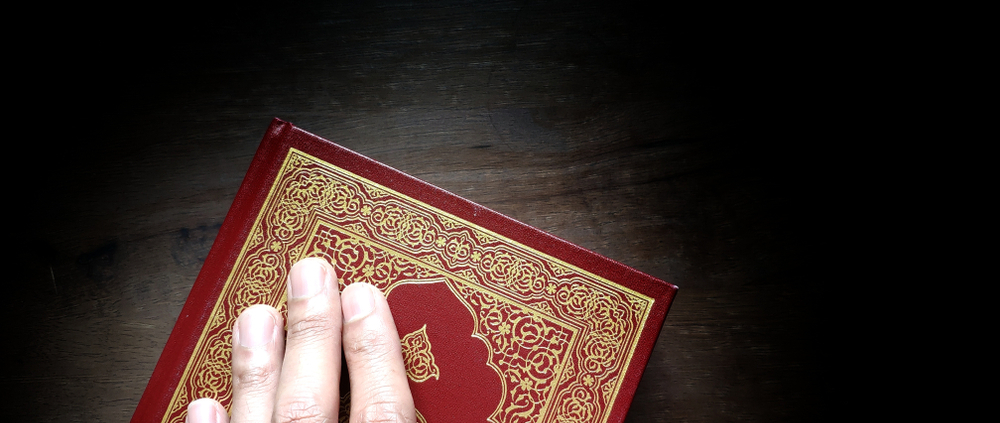What Is the Expiation for Swearing on a Lie?
Shafi'i Fiqh
Answered by Shaykh Irshaad Sedick
Question
A person lied and swore by Allah that he is speaking the truth? What is the expiation?
Answer
In the Name of Allah, the Most Merciful and Compassionate. May Allah guide us to that which pleases Him, forgive us for our shortcomings, and alleviate our difficulties, Amin.
An oath is a solemn statement to do or refrain from something, or that something is true, so if things turn out otherwise, the swearer must make an expiation (kaffara). [Misri, ‘Umdat al-Salik]
The expiation consists of any one of the following:
- to free a sound Muslim slave;
- to feed ten people who are poor or short of money, each with 0.51 liters of grain (though it is not a condition that it be grain, but rather the type of food payable for the zakat of ‘Eid al-Fitr, even if not a grain.) The Hanafi School permits giving its value in money
- or provide clothing of any kind for ten such persons, even if it consists of a wraparound or clothing previously washed, though not if ragged.
- If one is unable to do any of the above, one must fast for three days. It is better to fast them consecutively, though permissible to do so non-consecutively. [Misri, ‘Umdat al-Salik]
When Should the Expiation Be Paid?
An expiation is obligatory for someone who swears and breaks an oath. If the swearer is entitled to expiate by property expenditure, it is permissible to do so before or after breaking the oath. But if it consists of fasting, then he may only do so after breaking the oath. [Keller, Reliance of the Traveler]
What Is an Oath?
An oath is when you say, “By Allah …” A vow is when you say something sunna is now obligatory on you ”for the sake of Allah”, or “due to Allah.”
An oath is a solemn statement to do or refrain from something, or that something is true, so if things turn out otherwise, the swearer must make an expiation (kaffara). [Misri, ‘Umdat al-Salik]
If there is no mention of Allah with His names, it usually cannot become an oath or vow.
In a promise, one says to oneself or someone else, promising to do something. There is no expiation or anything else for breaking a promise.
I pray that this is beneficial.
[Shaykh] Irshaad Sedick
Checked and Approved by Shaykh Faraz Rabbani
Shaykh Irshaad Sedick was raised in South Africa in a traditional Muslim family. He graduated from Dar al-Ulum al-Arabiyyah al-Islamiyyah in Strand, Western Cape, under the guidance of the late world-renowned scholar, Shaykh Taha Karaan. Shaykh Irshaad received Ijaza from many luminaries of the Islamic world, including Shaykh Taha Karaan, Mawlana Yusuf Karaan, and Mawlana Abdul Hafeez Makki, among others. He is the author of the text “The Musnad of Ahmad ibn Hanbal: A Hujjah or not?” He has served as the Director of the Discover Islam Centre and Al Jeem Foundation. For the last five years till present, he has served as the Khatib of Masjid Ar-Rashideen, Mowbray, Cape Town. Shaykh Irshaad has thirteen years of teaching experience at some of the leading Islamic institutes in Cape Town). He is currently building an Islamic online learning and media platform called ‘Isnad Academy’ and pursuing his Master’s degree in the study of Islam at the University of Johannesburg. He has a keen interest in healthy living and fitness.
